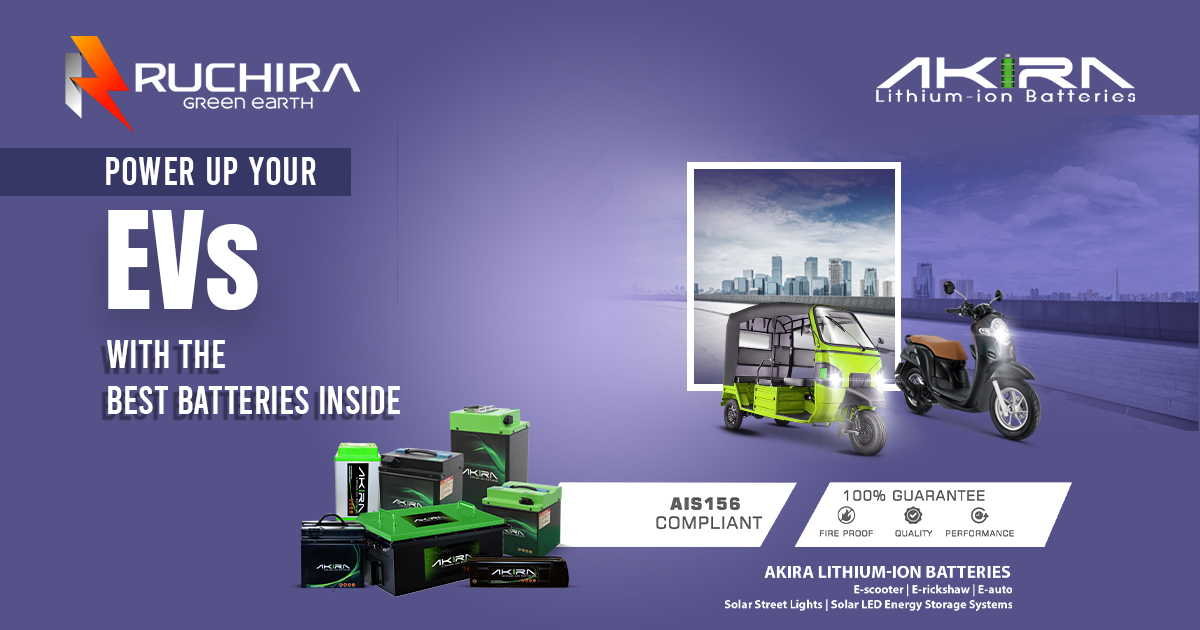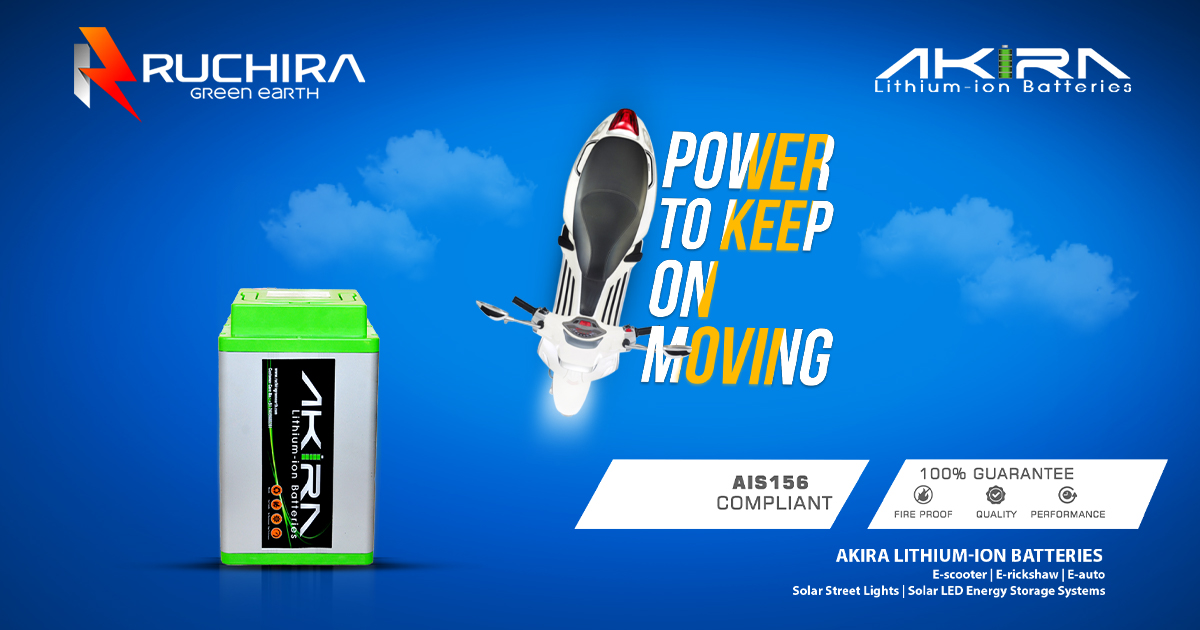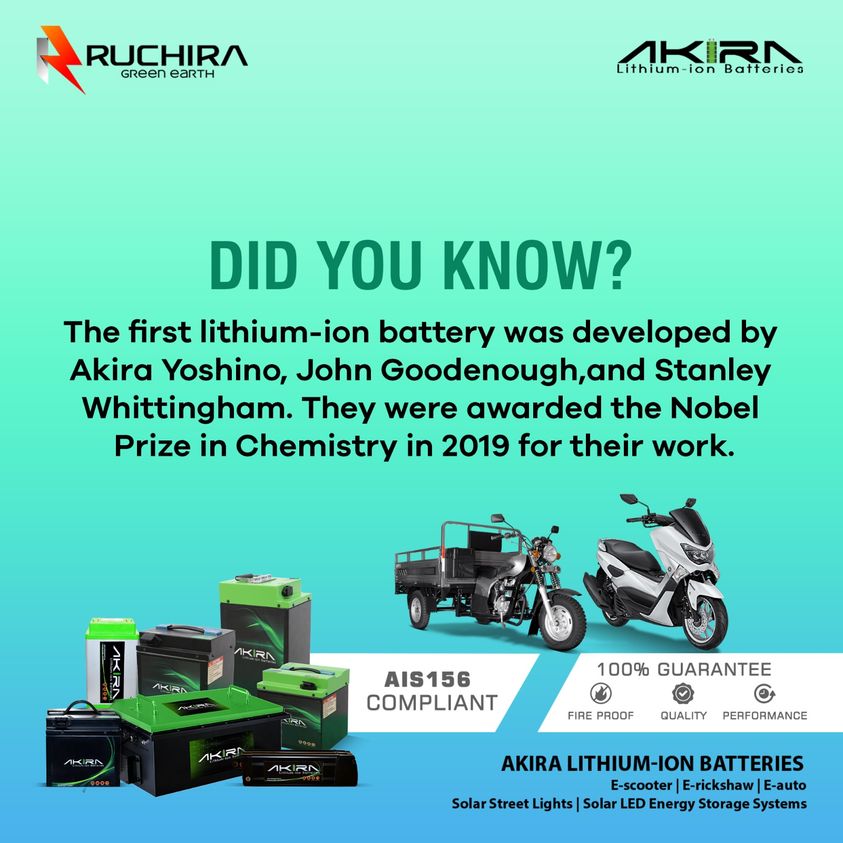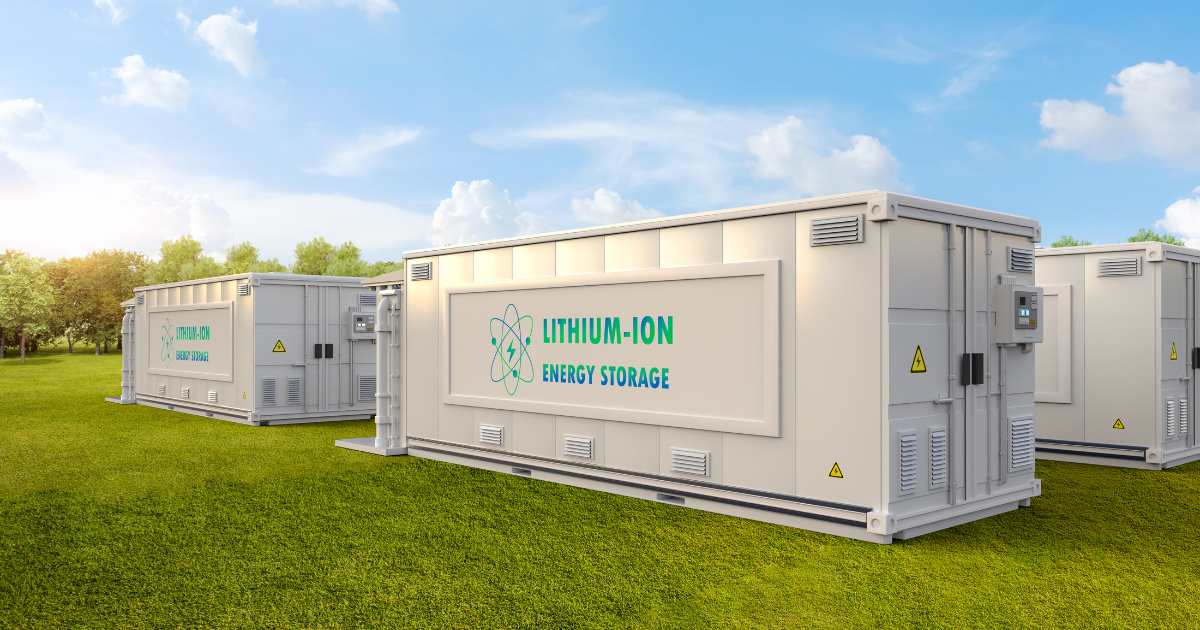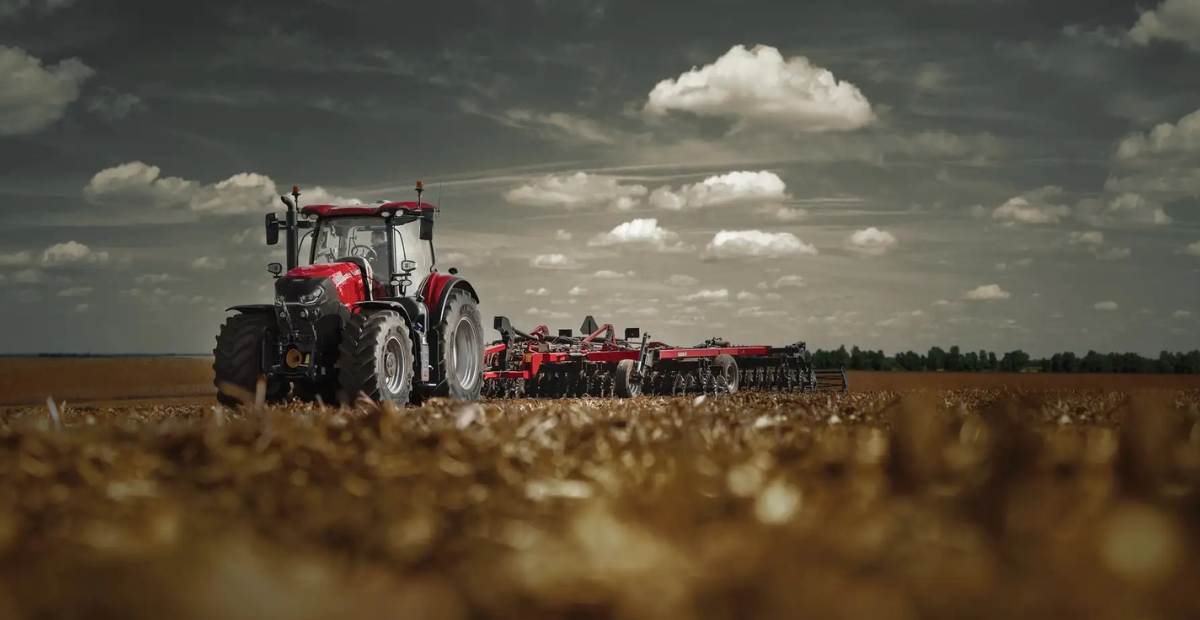The realm of urban transportation is experiencing a profound shift towards sustainability, driven by the growing adoption of electric vehicles (EVs). Among these, electric two and three-wheelers are emerging as popular choices for commuters and delivery services alike. Central to the success of these vehicles is the evolution of lithium-ion battery technology, which has revolutionized their performance, reliability, and environmental impact.
Advancements in Lithium-ion Battery Technology
Lithium-ion batteries have undergone significant advancements, making them the preferred energy storage solution for EVs, including two and three-wheelers:
- Energy Density: Lithium-ion batteries offer higher energy density compared to traditional lead-acid batteries. This means they can store more energy per unit volume or weight, enabling electric two and three-wheelers to achieve longer ranges on a single charge.
- Fast Charging Capability: Modern lithium-ion batteries support fast charging, significantly reducing charging times compared to conventional batteries. This feature addresses one of the key concerns of EV users – range anxiety – by allowing vehicles to recharge quickly at public charging stations or even at home, depending on the infrastructure available.
- Durability and Longevity: Advances in battery chemistry and manufacturing processes have improved the durability and lifespan of lithium-ion batteries.
Challenges in Adoption
Despite their many advantages, the widespread adoption of lithium-ion batteries in electric two and three-wheelers faces several challenges:
- Cost Considerations: The initial cost of lithium-ion batteries remains relatively high compared to traditional lead-acid alternatives. This upfront expense can be a deterrent for consumers, particularly in markets where affordability is a significant factor in vehicle purchasing decisions.
- Charging Infrastructure: The success of EVs hinges on the availability of a robust charging infrastructure. While progress has been made in developing charging networks in urban areas, rural regions and emerging markets may still lack adequate infrastructure.
- Safety Concerns: Although lithium-ion batteries are generally safe, issues such as thermal runaway and the risk of fire underline the importance of stringent safety protocols in battery design, manufacturing, and usage.
Future Prospects and Innovations
Looking ahead, the future of lithium-ion batteries in electric two and three-wheelers is promising, driven by ongoing innovations and market trends:
- Technological Innovations: Research continues to focus on enhancing the energy efficiency, safety, and sustainability of lithium-ion batteries. Innovations in materials science, electrode design, and battery management systems aim to further optimize performance and reduce costs.
- Integration with Renewable Energy: Lithium-ion batteries play a pivotal role in energy storage solutions, particularly when integrated with renewable energy sources such as solar and wind.
- Market Expansion and Policy Support: Governments worldwide are increasingly incentivizing the adoption of electric vehicles through subsidies, tax benefits, and infrastructure investments. These initiatives are crucial for accelerating market growth, expanding consumer choice, and reducing the environmental footprint of urban transportation.
Akira Batteries: Empowering Electric Mobility
At Akira Batteries, we are committed to driving the evolution of electric mobility with innovative lithium-ion battery solutions. Our batteries are designed to meet the unique demands of electric two and three-wheelers, offering superior performance, reliability, and environmental sustainability.
Join us in shaping the future of urban transportation with Akira Batteries. Explore our range of advanced lithium-ion solutions tailored for electric vehicles, and discover how we’re revolutionizing mobility. Visit Akira Batteries to learn more about our commitment to sustainability and innovation. Together, let’s accelerate towards a cleaner, greener future with electric two and three-wheelers powered by Akira’s cutting-edge lithium-ion technology.


